Russian President Vladimir Putin won a fifth presidential term in the elections that concluded yesterday (Sunday), after obtaining about 87.29 percent of the voters’ votes.
Who is “Caesar”? How did he make his way from the corridors of the KGB to the Kremlin?
Young Putin
Vladimir Putin was born in the Soviet city of Leningrad in October 1952 and was the only surviving child of his parents. He had two brothers who died before he was born – his brother Viktor lost his life when Nazi forces laid siege to Leningrad during World War II.

Putin spent his childhood in Leningrad (today’s Saint Petersburg), where his youthful interests included training in sambo (a martial art combining judo and wrestling developed by the Soviet Red Army) and then judo.
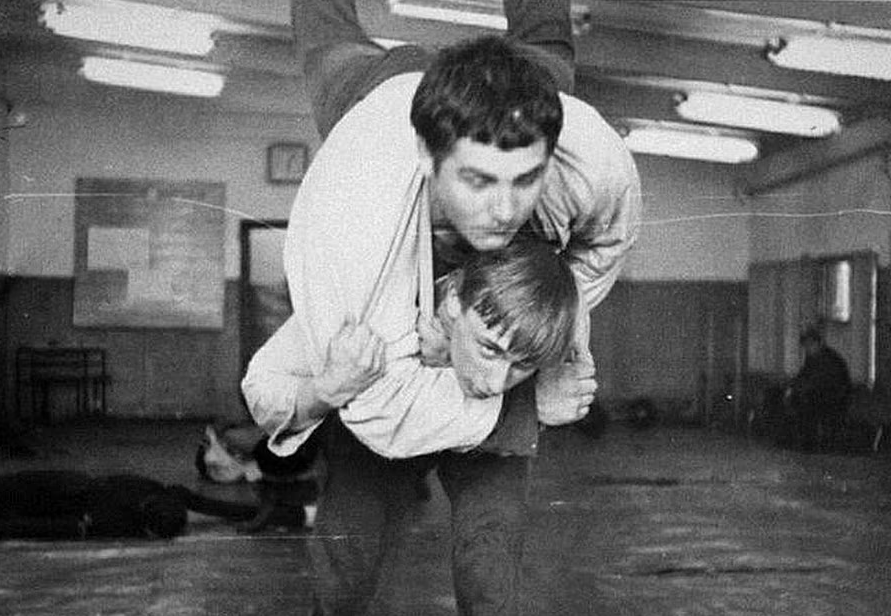
After school, Putin studied law at Leningrad University, graduating in 1975, and immediately joined the KGB. He was sent on his first official mission to the city of Dresden in East Germany in 1985, after completing a year of study at the KGB Academy in Moscow.
According to the Kremlin website, Putin wanted to work for the KGB even before he finished school. In October 2015, Putin said: “Fifty years ago, the streets of Leningrad taught me the rule that if there is a battle, you strike the first blow.”
During that period, in 1983, he married a flight attendant named Lyudmila who bore him two daughters, Maria and Katerina. Putin broke up with Lyudmila in 2013.
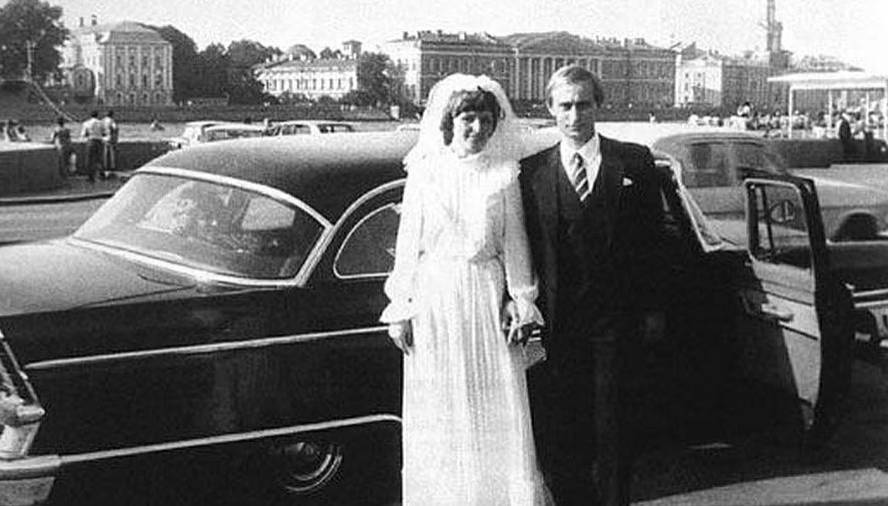
The political life of the “Tsar”.
He was recalled from Dresden to Leningrad in 1990, when the Soviet Union was on the verge of collapse.
During his time in the KGB, Putin worked as an officer in charge of a number of files and attained the rank of lieutenant colonel.
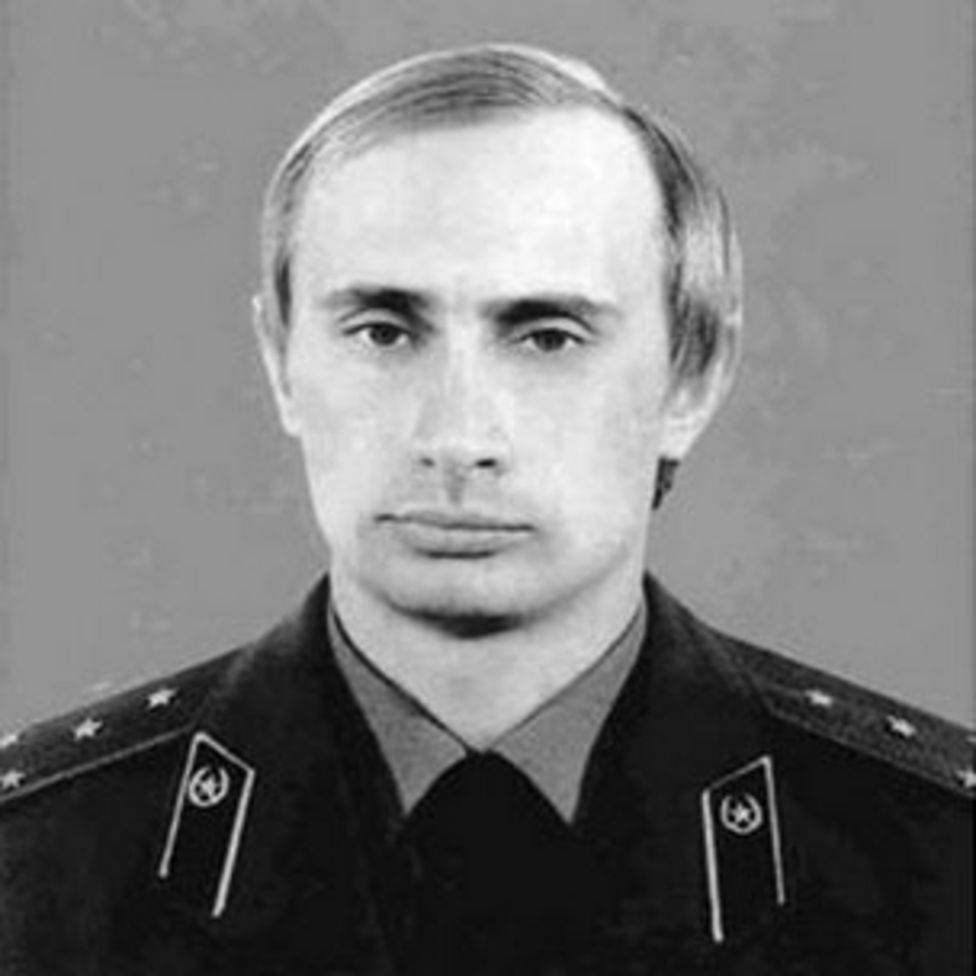
In 1990-1991, he moved to the reserve in the intelligence service and returned to Leningrad State University as assistant to the vice-rector of the university. He became an advisor to one of his former law professors, Anatoly Sobchak, who left the university to become president of the Leningrad City Council. Putin worked with Sobchak during the successful election campaign of Sobchak, who became the first democratically elected mayor of what is now known as Saint Petersburg. In June 1991, Putin became deputy mayor of St. Petersburg and was appointed in charge of the city’s Foreign Relations Committee. He officially resigned from the KGB in August 1991.
In 1996, after Sobchak lost local elections, Putin moved to Moscow to work in the Kremlin in the department that managed presidential properties. In March 1997, Putin was promoted to deputy chief of staff of the Kremlin. He assumed a number of other responsibilities within the Kremlin before being appointed head of the Russian Federal Security Service (formerly the KGB) in July 1998. A year later, in August 1999, he was appointed Deputy Prime Minister and then Prime Minister of Russia under the former Russian president. Boris Yeltsin, who also indicated that Putin is his preferred successor as head of state.

5 presidential terms
On December 31, 1999, Putin became acting president of Russia after Yeltsin’s resignation. He was officially elected to the office of president in March 2000. Putin served two terms as President of Russia from 2000 to 2004 and from 2004 to 2008, before stepping down – in line with Russia’s constitutional ban on three consecutive presidential terms – to take over as Prime Minister. In March 2012, Putin was re-elected to serve another term as President of Russia until 2018, thanks to a constitutional amendment approved by then-President Dmitry Medvedev in December 2008 to extend the presidential term from four to six years.
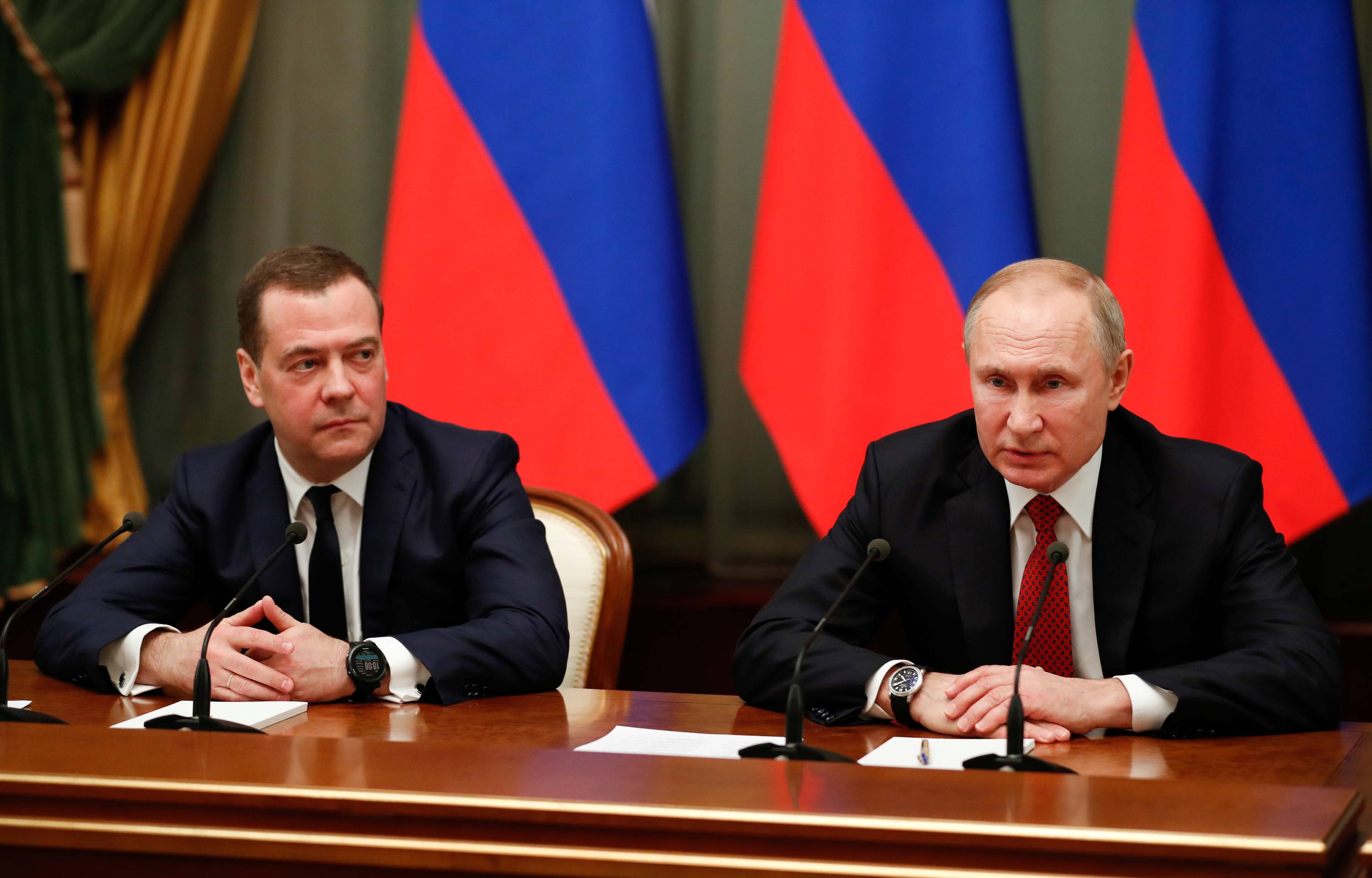
Putin was elected in March 2024 for a fifth presidential term after obtaining 88 percent of the Russian vote.
In 2020, the Constitution was amended again to extend the presidential term twice. Therefore, Putin can now obtain at least two presidential terms, that is, until 2036. If this actually happens, Putin will surpass the record set by Joseph Stalin by ruling the country for 29 years.
Putin’s personality
According to a report published by the Brookings Institution, Putin benefited from being a KGB agent to keep his private ambitions secret. Like most ambitious people, he took advantage of the opportunities he was given. Putin paid close attention to individuals who might advance his career. He studied them, strengthened his personal and professional relationships with them, did them favors, and manipulated them. He allowed people to underestimate him even as he maneuvered into positions of influence to quietly accumulate real power.
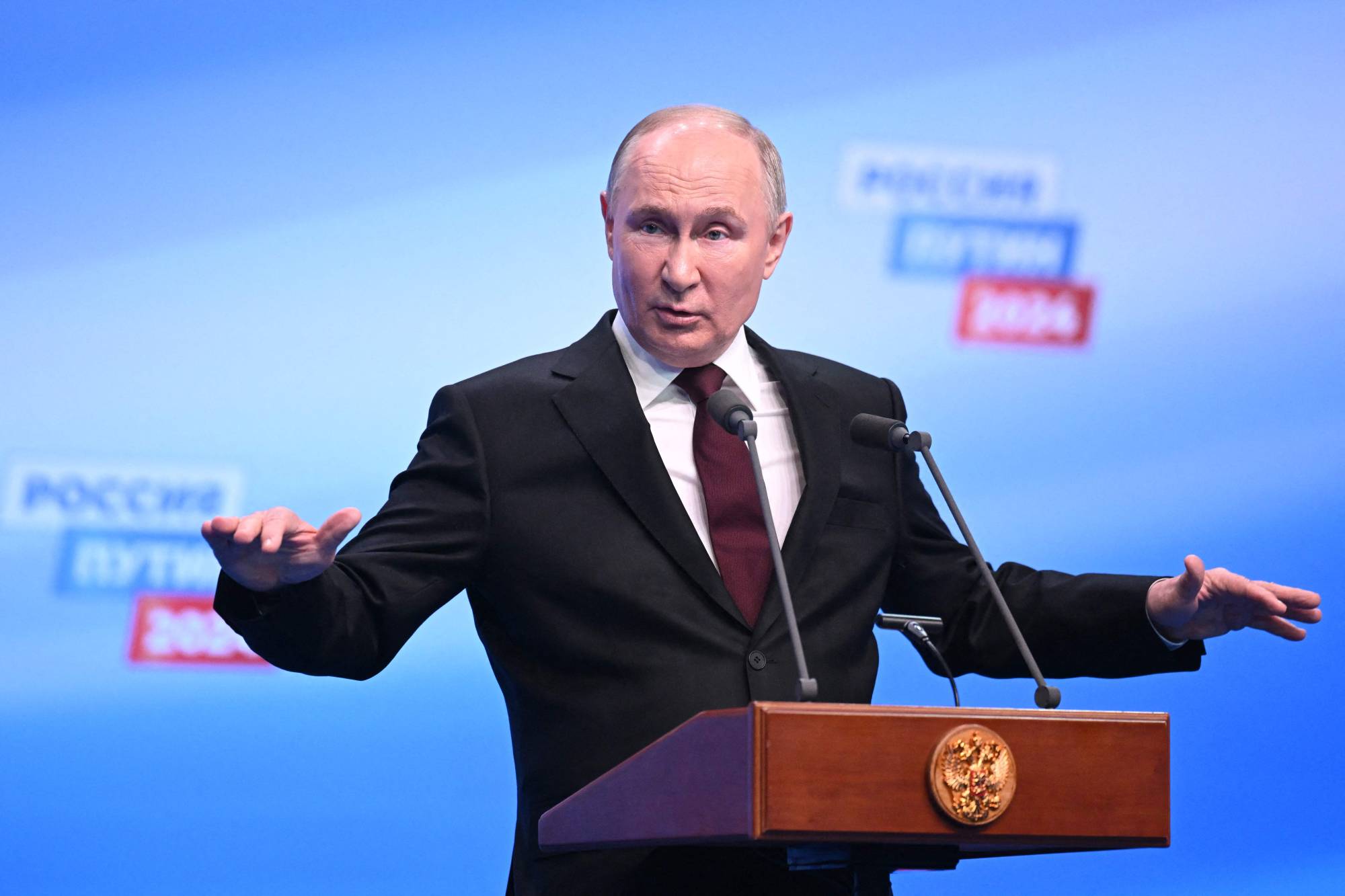
President Putin’s rule is characterized by conservative Russian nationalism, has strong echoes of the dictatorial rule of the tsars, and has the support of the Orthodox Church, according to the BBC. Shortly after assuming the presidency, Putin began marginalizing liberal figures, usually replacing them with strong allies or neutrals who did not disagree with his opinion. For example, figures who were close to former President Yeltsin, such as wealthy businessmen Boris Berezovsky and Vladimir Gusinsky, ended up living in exile outside the country.
ظهرت في الأصل على aawsat.com

